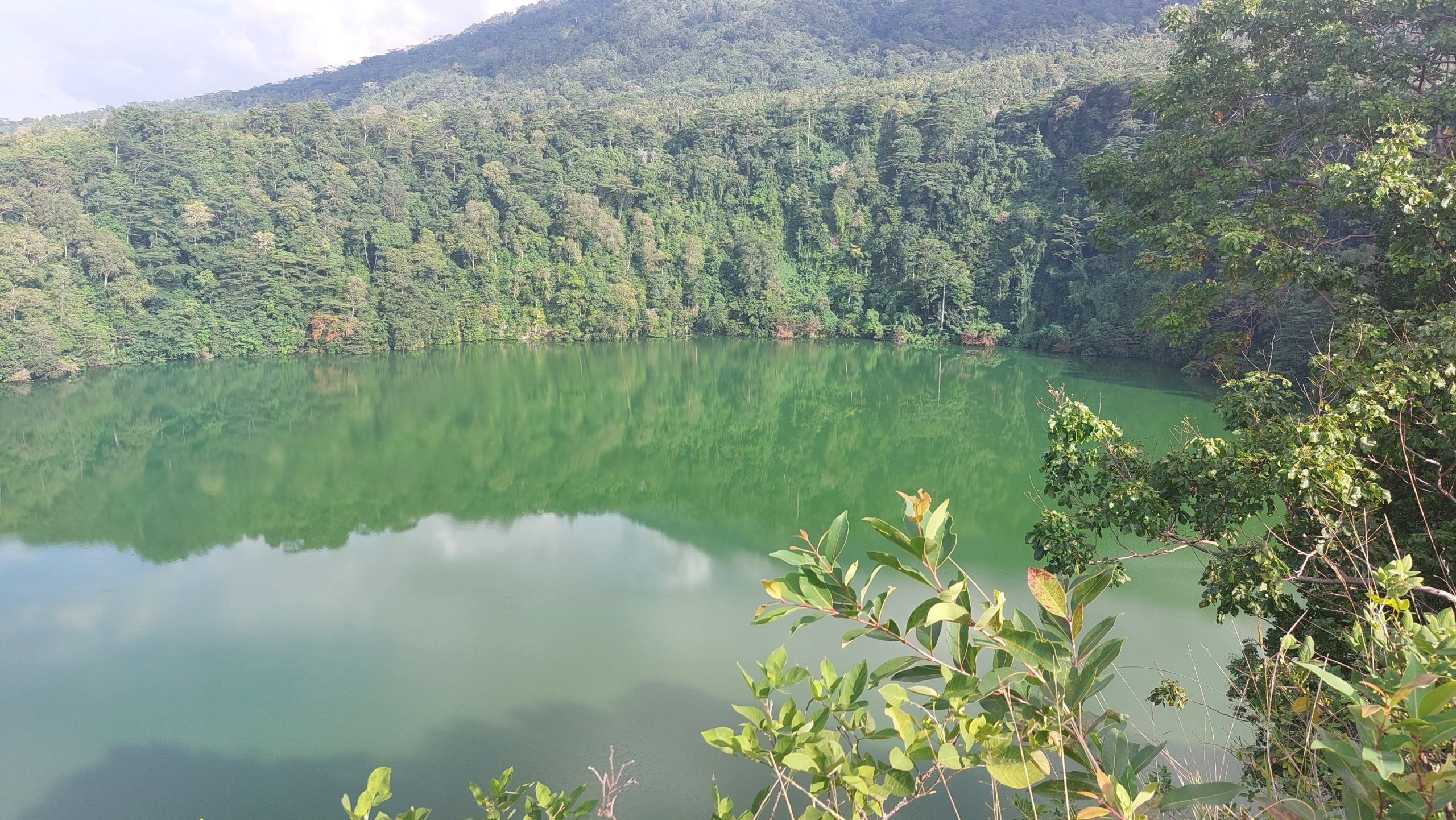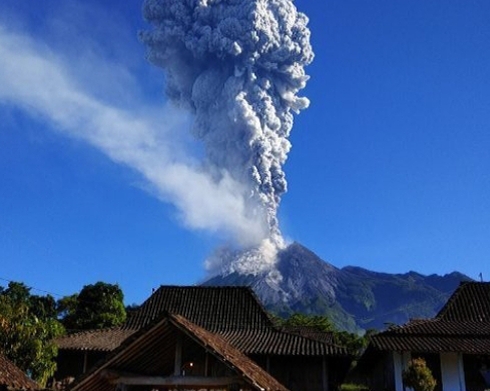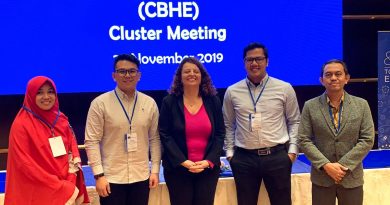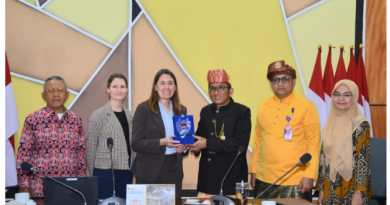BUiLD CoE at Universitas Ahmad Dahlan holds webinar to commemorate Indonesian National Disaster Preparedness Day
On the 28th April, the BUiLD Centre of Excellence in Disaster Resilience (Pusat Studi Mitigasi dan Penanggulangan Bencana PDMPB) held a national webinar to commemorate the Indonesian National Disaster Preparedness Day.
National Disaster Preparedness Day (Hari Kesiapsiagaan Bencana – HKB) is celebrated every year on 26th April since 2017. 26 April is the enactment day of the Law No. 24 Year 2007 concerning Disaster Management, which marked a paradigm shift in Indonesia’s disaster management from response to prevention.
The main activities of HKB 2022 are held on 25th and 26th April in four districts around Mount Merapi, namely Sleman (Yogyakarta Special Region) and Boyolali, Klaten and Magelang (Central Java). The series of activities include human evacuation drills, livestock evacuation drills, talk shows, and technical guidance for disaster-resilient families (KATANA).
Speakers at the webinar included Danang Samsurizal from the Regional Disaster Management Agency and Drs Purwadi from the Muhammadiyah Disaster Management Centre MDMC. In his welcome address, Rector Muchlas introduced the BUiLD Centre of Excellence in Disaster Resilience at Universitas Ahmad Dahlan.
He went on to explain the importance of the Centre in supporting local and regional disaster resilience and emphasised the significance of the BUiLD Disaster Resilience Framework in building national disaster preparedness. He thanked the European Commission and the BUiLD Consortium before expressing his wishes to expand existing collaborations further.
BUiLD Project Lead Nadine Sulkowski (University of Gloucestershire UK) delivered the keynote speech. During her speech, she explained the background to the BUiLD project outlining how the longstanding collaboration between some of the consortium partners and their collective expertise in diverse aspects of disaster management and research has led to the creation of the BUiLD Disaster Resilience Framework.
She explained the building blocks of the framework before talking through some of the challenges in its implementation, which are being complicated by the impacts of the coronavirus pandemic. She emphasised the importance of the synergistic coordination of disaster resilience activities and of stakeholder commitment in this process.
Nadine ended her speech with thanking the multiplicity of senior managers, academic and administrative staff and external stakeholders involved in the implementation and ongoing sustainability of the project.
The 2.5 hour long webinar is mostly in Bahasa (with the exception of the address by Rector Muchlas and the Keynote Speech by Nadine Sulkowski).




